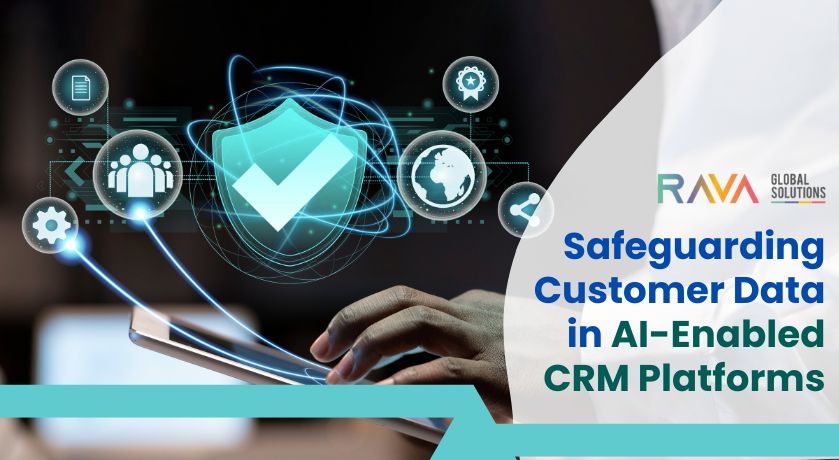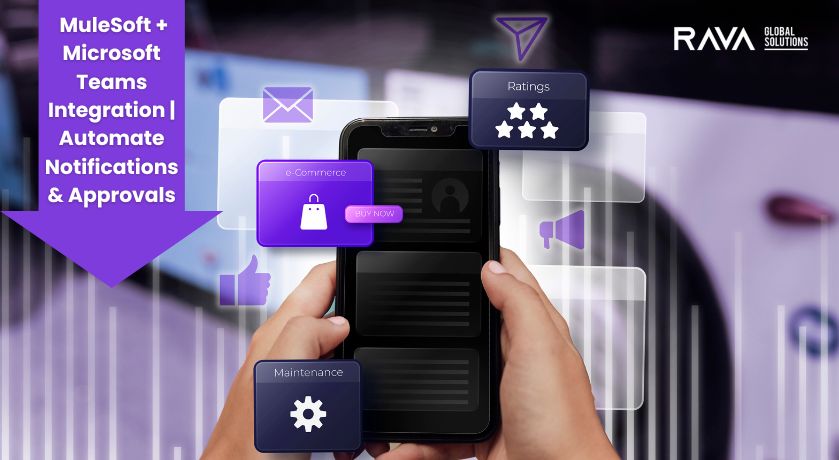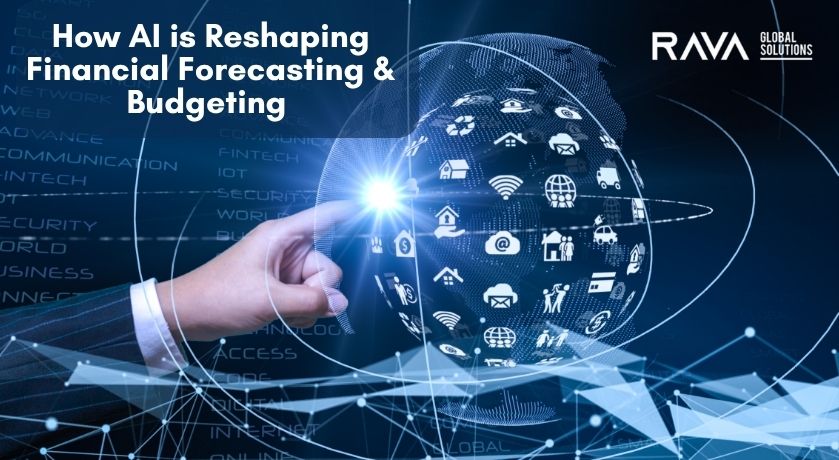Artificial Intelligence (AI) is transforming Customer Relationship Management (CRM) systems by enabling real-time personalization, predictive analytics, and smarter decision-making. From chatbots that provide instant customer support to intelligent lead scoring and behavioral segmentation, AI is redefining how businesses engage with their customers. But as the use of AI in CRM systems expands, so do concerns about data privacy and security.
The Data Dilemma: A Double-Edged Sword
AI-powered CRMs thrive on data. The more data they have—about customer behavior, preferences, demographics, and history—the more accurate and valuable their insights become. However, this dependency creates a data privacy paradox: companies must collect and process large volumes of personal data to improve customer experience, yet doing so exposes them to significant privacy risks.
From regulatory compliance to ethical considerations, the road to effective AI deployment in CRM systems is lined with challenges:
1. Regulatory Compliance (GDPR, CCPA, etc.)
Data privacy laws such as the General Data Protection Regulation (GDPR) in Europe and the California Consumer Privacy Act (CCPA) in the U.S. place strict limits on how organizations can collect, store, and process personal information. Non-compliance not only results in hefty fines but also damages brand trust.
AI complicates compliance because it often involves processing unstructured and inferred data, which may not be explicitly provided by users. Maintaining transparency around AI decision-making is also a challenge under current legislation.
2. Data Minimization vs. AI Requirements
AI models need large datasets to function optimally. But data minimization principles encourage companies to collect only what is necessary. This conflict creates a significant hurdle: how can businesses balance privacy-first approaches with data-hungry AI systems?
One solution lies in privacy-by-design principles—embedding data protection measures throughout the development lifecycle of AI-driven CRMs.
3. Bias and Ethical Use of Data
AI models learn from historical data, which can be inherently biased. For example, an AI-powered CRM might unfairly prioritize leads based on flawed assumptions about demographics. Such misuse can inadvertently discriminate against certain groups and result in ethical issues or even legal liabilities.
To overcome this, organizations must ensure that their AI systems are trained on diverse datasets and are continuously monitored for biased behavior. Transparent algorithms and explainable AI (XAI) are crucial to maintain accountability.
4. User Consent and Control
One of the core tenets of modern data privacy regulation is user consent. Customers want—and increasingly expect—to know what data is being collected and how it is being used.
To stay compliant and build trust, CRM systems should include features like:
- Consent dashboards where users can manage preferences.
- Automated opt-in/opt-out mechanisms tied to AI-based features.
- Clear explanations for why and how AI-driven decisions are made.
5. Securing AI Infrastructure
Data privacy is meaningless without security. As AI systems in CRMs interact with large datasets, they’re attractive targets for cyberattacks. Ensuring robust encryption, role-based access controls, and continuous threat monitoring is essential to safeguard sensitive customer data.
Companies must also prepare for AI-specific threats, such as model inversion attacks, where adversaries attempt to reconstruct training data from AI outputs.

Strategic Solutions for Privacy-First AI in CRM
Overcoming these challenges requires a multi-faceted strategy:
- Adopt a governance framework that aligns AI development with regulatory requirements.
- Invest in explainable AI tools to increase transparency in customer interactions.
- Use synthetic or anonymized data during the training phase to reduce risk.
- Establish cross-functional teams involving legal, IT, data science, and marketing to ensure responsible AI practices.
- Educate staff on privacy best practices to foster a company-wide culture of data protection.
RAVA Global Solutions: Your Partner in Privacy-Conscious Innovation
At RAVA Global Solutions, we understand the complexities of merging cutting-edge AI capabilities with evolving data privacy expectations. Our experts work closely with clients to design and implement AI-driven CRM systems that are not only powerful but also ethically responsible and fully compliant with global privacy standards.
Whether you’re looking to enhance your customer engagement through machine learning or streamline processes with AI automation, RAVA Global offers tailored solutions that prioritize both performance and protection. We believe in building smarter systems—safely and securely.









